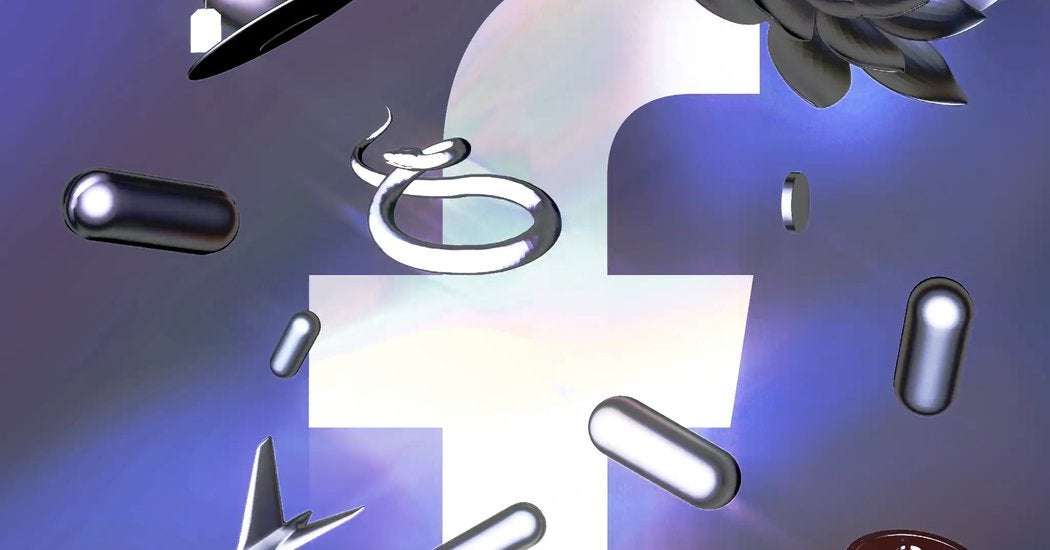Pseudoscience companies tap directly into our fears and isolation, offering us a sense of control, while claiming their products can end our pain. They exploit our emotions to offer phony alternatives, like the “cell quickening” company that proclaims on Facebook: “Battering and bruising the body just to treat the symptoms [of] breast cancer is not necessarily the best or only option available to you. You have choices!”
When I looked at my body after my recent surgery, I wished there was another choice. I would have given just about anything to be on a beach in Mexico. But I’ve witnessed the false promises of these companies. I’ve spoken to someone who flew to that beach clinic, only to return home and discover that her tumor was inoperable. The evidence is clear: Death rates are much higher for people with cancer who choose alternative therapies instead of standard care.
Facebook is ubiquitous in many of our lives, and people use the platform to search for health-related support groups and information. So we might assume that Facebook has an ethical stake in keeping its content free of scams and misinformation. But Facebook has an odd history with the term “pseudoscience.” It was only last April that Facebook removed “pseudoscience” as a keyword from its categories for targeted advertising, and only after the tech publication The Markup reported that 78 million users were listed in Facebook’s ad portal as having an “interest” in the category.
Since the pandemic started, there has been increasing pressure on Facebook to remove coronavirus-related misinformation. Facebook pledged that it would add a warning label to Covid-19-related ads and would remove pseudoscience ads that were reported by its users. The problem, which even Facebook acknowledged, is that pseudoscience content can run for months before being flagged by readers. Facebook’s main ad-screening system is automated. While we wait for its artificial intelligence system to catch up with the discernment abilities of human reviewers, a steady flow of pseudoscience advertising has already slipped through on a platform with billions of users.
Could it be that Facebook has gotten too big to adequately regulate its content? That maybe there’s no hope for the change we need? Some advertisers seem to be suggesting this is the case. They are voting with their feet and leaving the platform altogether. Responding to a call by the advocacy group Stop Hate for Profit, advertisers such as Starbucks, Honda, Diageo and Patagonia have paused their advertising on Facebook as part of a broad boycott over how the platform is handling hate speech and misinformation. This week, Facebook met with representatives from Stop Hate for Profit. In the view of the organizers, the meeting did not go well. “Facebook approached our meeting today like it was nothing more than a PR exercise,” said one of the organizers, Jessica J. González of Free Press, a nonprofit media advocacy group.

Atalantean on July 13rd, 2020 at 07:05 UTC »
So they now have two types of cancer.
devonathan on July 13rd, 2020 at 06:38 UTC »
Just say the phrase “uncontrollable diarrhea” over and over again while the app is open. That will take care of any ads real quick as you get nothing but pepto bismo ads for a few weeks.
Albion_Tourgee on July 13rd, 2020 at 06:03 UTC »
As this example shows, the deep problem with how Facebook spreads and promotes misinformation isn't just about politics.